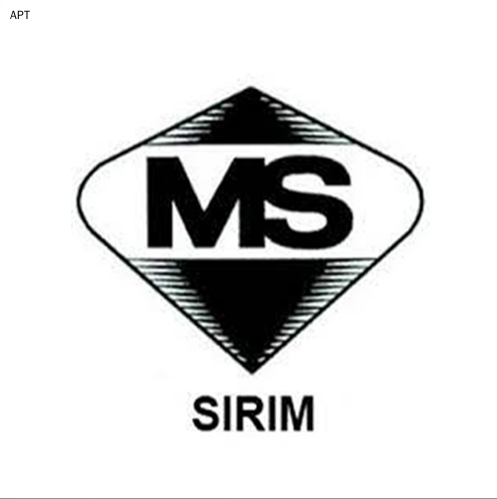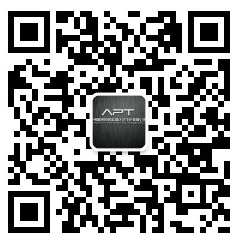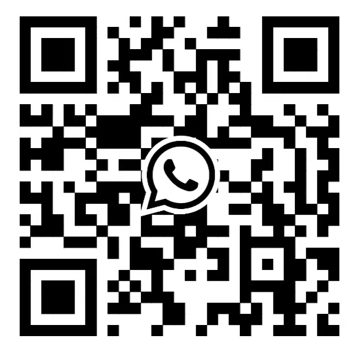





Departments Responsible for the Access Management of Automotive Products
The specific department responsible for the market access management of automotive products in Malaysia is the Road Transport Department of the Ministry of Transport of Malaysia, which is often abbreviated as the "Road Transport Department" in international exchanges. The department has a specific Automotive Engineering Division to carry out relevant work. Led by the Road Transport Department, together with other relevant government agencies in Malaysia related to the management of the automotive industry and products, the "Malaysian National Type Approval Committee" has been specially established for the market access management of vehicles, to ensure the smooth progress of the market access management of automotive products, participation in the work of WP29, and the fulfillment of the relevant obligations and responsibilities of the contracting parties to the United Nations' "1958 Protocol" and "1998 Protocol".
(1) Standard and Industrial Research Institute of Malaysia, abbreviated as SIRIM. This institution is an organization in Malaysia specifically responsible for product certification (most of which are voluntary certifications, and there are also a few mandatory certifications in the fields of safety and environmental protection). Products certified by SIRIM will be pasted with the SIRIM certification label, indicating that the products meet the relevant standard requirements of Malaysia.
(2) Ministry of International Trade and Industry of Malaysia, abbreviated as MITI. This department is mainly responsible for the development of international trade and industry (including the automotive industry), including strategic planning, specific management, supervision, and relevant legislative work. The automotive industry policy of Malaysia is formulated and issued by this department.
(3) Ministry of Environment of Malaysia, which is involved in the control of automotive pollution and noise.
(4) Standards Malaysia.
(5) Malaysian Institute of Road Safety Research, abbreviated as MIROS. This institute was established on January 1, 2007, and is mainly engaged in the investigation, research, and analysis of the safety of vehicle use (mainly including automobiles and motorcycles) (including road traffic accidents), providing technical support and relevant suggestions for the competent government departments to formulate relevant policies, standards, and technical regulations. At the same time, it also conducts relevant publicity and training work on vehicle safety.
(6) PUSPAKOM, a vehicle inspection institution in Malaysia, which is authorized by the Malaysian government to carry out the mandatory vehicle inspection work stipulated in the "Road Transport Act".
(7) KDRM, the Customs of Malaysia.
(8) KPDN, the Ministry of Domestic Trade of Malaysia.
Certification and Approval Process of Automotive Products in Malaysia
According to the access management system of automotive products in Malaysia, starting from January 1, 2005, all new vehicle models entering the Malaysian market are required to pass the type test and approval of the Road Transport Department of the Ministry of Transport. The minimum cycle to complete the entire type approval process is 20 working days.
(1) The power and role of the National Type Approval Committee are becoming increasingly important. Ultimately, a vehicle can only obtain type approval after being approved by this committee.
(2) When applying for vehicle type approval, an enterprise should list the technical regulations it uses or complies with in the application materials.
(3) It is completely divided and defined according to the ECE automotive technical regulations (ECE R.E.3) and the EU's whole vehicle type approval framework technical directive 2007/46/EEC, that is, vehicles are divided into M, N, O, and L categories.
(4) The development direction of the automotive type approval system in Malaysia has been clearly defined, and ECE individual regulations will be adopted in the system.







